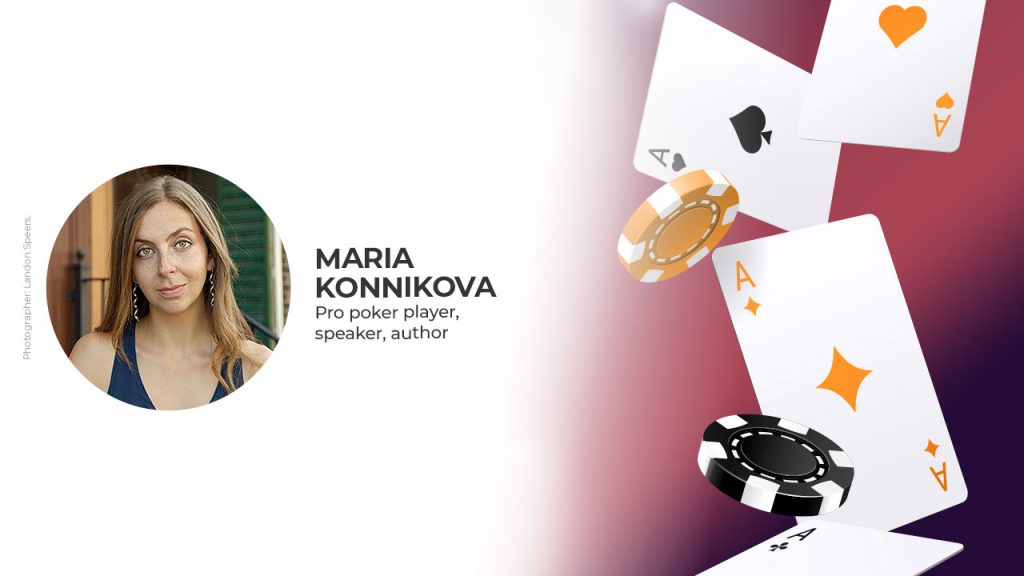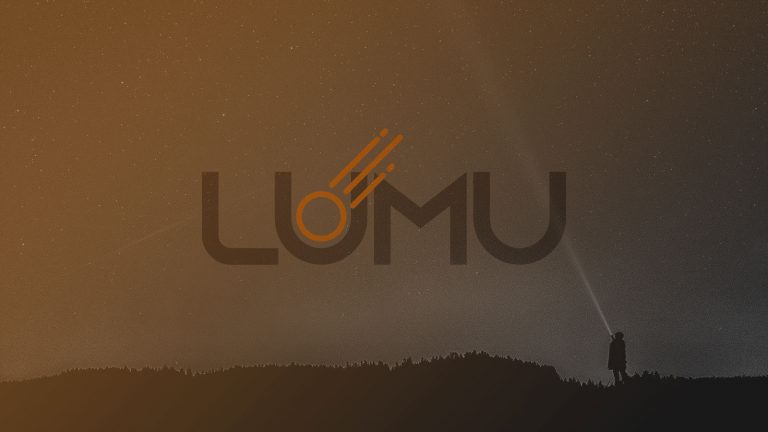Maria Konnikova is the author of three New York Times bestsellers. Her latest work, The Biggest Bluff, chronicles how she went from knowing nothing about poker to flying to Monte Carlo and winning tournaments—practically all within a year. It’s a compelling tale of personal adventure that holds many practicable lessons along the way. It comes highly recommended. Maria presented some decision making takeaways at the Illumination Summit on The Poker Game of Life: Using Poker to Enhance Thinking and Decision Making. We asked her a few questions to get a glimpse of what lessons poker holds for cybersecurity.
Q: You graduated from Harvard. How did you end up playing poker?
A: It was never planned – I’d been interested in writing about the balance of skill and chance in life, and happened to read Jon von Neumann’s “Theory of Games and Economic Behavior.” Turns out, game theory was born out of poker, so I decided to learn more about the game.
Q: What makes the game of poker such a good analogy for exploring decision-making?
A: Both poker and life are games of incomplete information, where there is always uncertainty about the right course of action. You have to learn to make the best decision you can with the information you have, knowing that it’s inherently a probabilistic endeavor.
Q: When you can’t see your opponent’s cards, what signs or tells do you look for?
A: Looking for tells is mostly misleading. You want to look at the mathematics and the probabilities and the patterns of behavior. Tells are only a tiny tiny part of the game and should never be your basis for action—you simply don’t have enough of a behavioral baseline.
Q: You managed to become an expert in poker in a matter of a year—far less time than the oft-touted ‘10 000 hours’. Do you think we need to change the way we learn—or teach—specialized skills?
A: Yes, for sure. I still don’t think I’m an expert, but I think there’s a lot to be said for efficiency over quantity and for leveraging outside skills so that you don’t start as an absolute novice, even in a new area.
Q: What one book would you recommend to someone who wants to improve their day-to-day decision-making?
A: Daniel Kahneman’s “Thinking Fast and Slow.” It’s not even a close call; there’s nothing else like it.
For more of Maria’s insights into the decision-making lessons to be learned from poker be sure to check out her session at the Illumination Summit.




